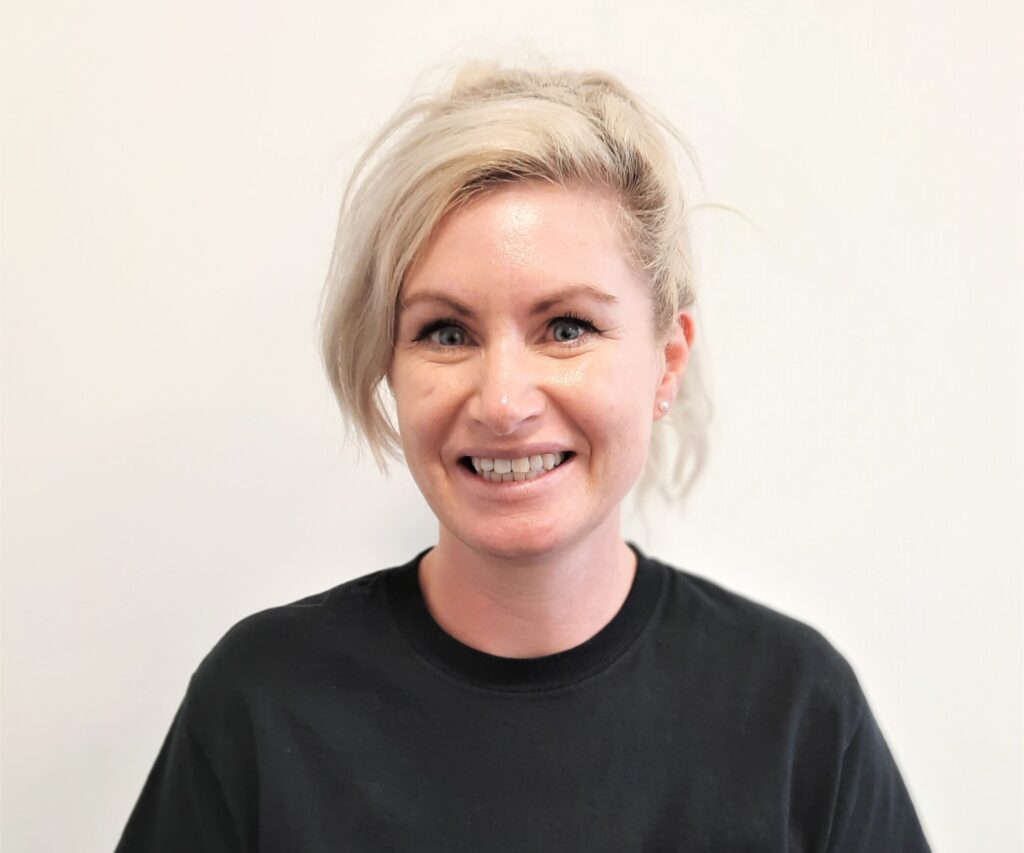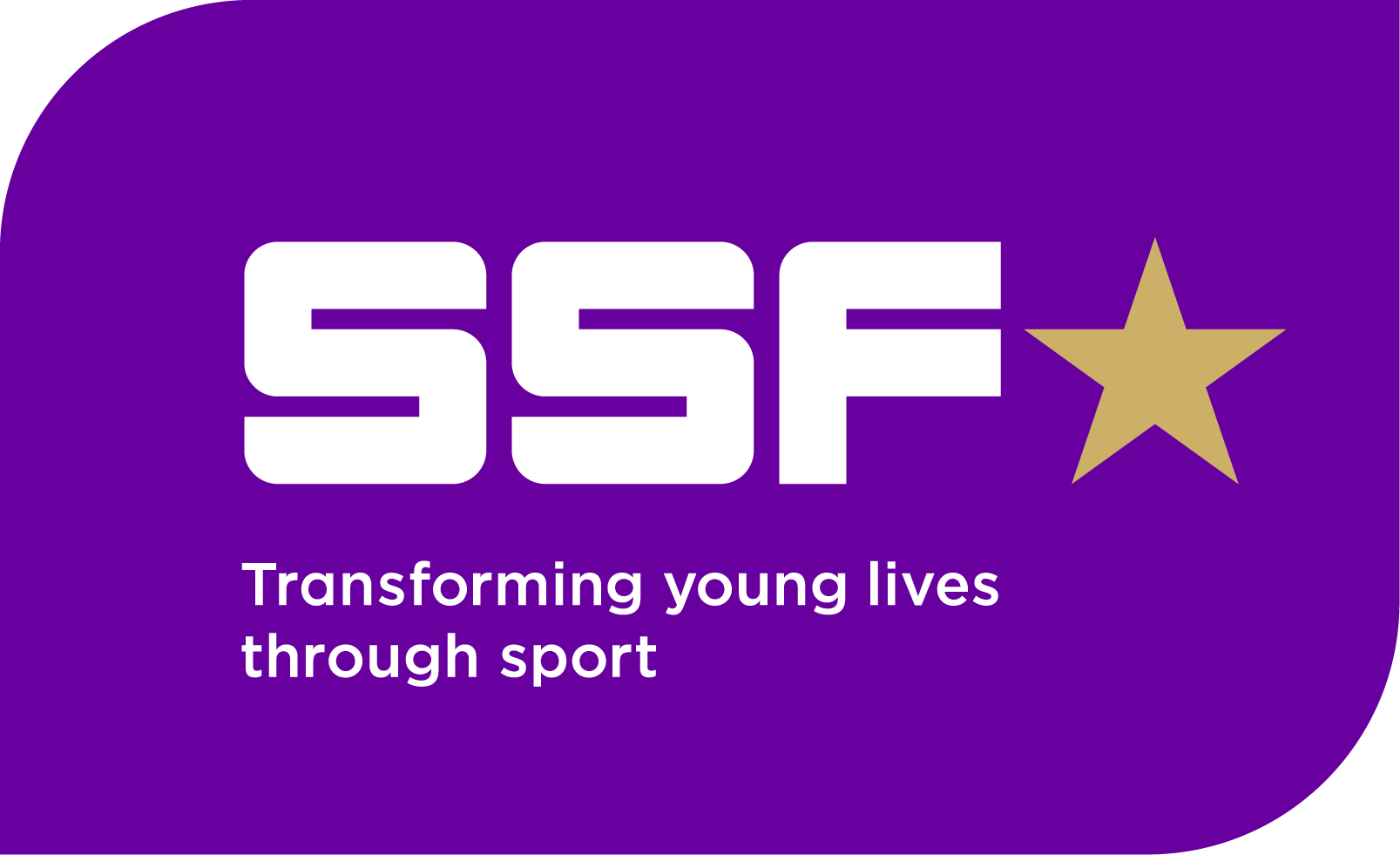Challenge Poverty Week 2025: Better Investment in Our Communities
Sport and Poverty – A Call for Systemic Change
By Kirsty McNab, CEO Scottish Sport Futures (SSF)
Poverty and sport, to me, are inextricably linked. Let me explain why.
Communities experiencing poverty face a range of challenges: poor physical and mental health outcomes, lower life expectancy, disrupted social cohesion, and increased exposure to anti-social behaviour. This is starkly different from those in more affluent areas.
Yet, the benefits of physical activity are well-evidenced – improved mood and mental wellbeing, increased resilience, reduced anti-social behaviour, and lower risks of chronic diseases such as cancer and heart disease. On the surface, it seems obvious: sport and physical activity could be a powerful tool to counteract the effects of poverty.

But it’s not that simple.
For sport to be effective, it must be intentional, accessible, and embedded within communities. It must be delivered at the right time, during the day, when children are in school and adults need connection and purpose, or in the evening, when young people need safe, engaging alternatives to risky behaviours. It must be free or low-cost, welcoming, and designed with, not for, communities.
Having worked in the sport sector for over 20 years, and now leading Scottish Sports Futures, I’ve seen firsthand how sport, when combined with a youth work approach, can support young people to reach positive destinations. We use sport as a tool, not the solution, to buffer the effects of poverty and offer pathways to education, employment, and wellbeing.
However, sport alone cannot eradicate poverty.
Scotland’s new Physical Activity for Health Framework (Physical activity for health: framework – gov.scot) is especially important during Challenge Poverty Week because it directly addresses the deep-rooted inequalities that contribute to both poor health and poverty. It’s not just a health policy, but a social justice tool. It recognises that being active is not a luxury, it’s a right, and that poverty should never be a barrier to health. It is a tool to allow us to use the evidence outlined to create meaningful change and change the way we work.
To truly address poverty, we need long-term, place-based investment. We need systems and organisations aligned in purpose, working collaboratively to create safe, supportive environments. This includes secure housing, access to benefits, childcare, education, and infrastructure. Children must feel ready to learn. Communities must feel safe. And those delivering sport must understand the lived realities of those they serve.
We must move beyond short-term programmes and token gestures. Providing bikes and expecting active travel isn’t enough. Saying we are open to all, but then having strict uniform policies and using sports venues that can be difficult to access for people is not good enough. Twelve-week interventions may spark change, but without continuity, they risk reinforcing distrust. Communities tell us they feel abandoned when services “fly in and fly out.” They live with fear; fear of crime, of their children being targeted, of not being able to provide. They carry shame; shame of unemployment, of not meeting their children’s basic needs.
Real change requires:
Long-term planning and investment
Training and education for local leaders
Representation of lived experience in leadership roles
A commitment to co-design and collaboration
We must stop doing things to people and start working with them.
Recently, I spoke with a group of young people about the upcoming Commonwealth Games and asked what we could improve at SSF. Every single one of them said: “There needs to be food.” Then they spoke about feeling safe while trying new sports and being supported to progress if they had talent or interest. These are simple, actionable insights, and they matter.
This is where change begins.
By listening. By showing up. By embedding sport into the fabric of communities, not as a fix-all, but as part of a wider system of support. If we want to influence policy and funding, we must be bold, evidence-led, and relentlessly committed to equity.
Let’s work together to ensure everyone, regardless of postcode, has the opportunity to thrive through sport.
Inclusivity in your organisation
If you or organisation work with young people in sport and you want to learn more about understanding the needs of young people and creating inclusive environments, SSF offers a range of high-quality training modules. These modules cover how to create safe, inclusive, supportive environments for young people regardless of inequality or challenges they may have in their lives. Find out more at Education & Training – Scottish Sports Futures
